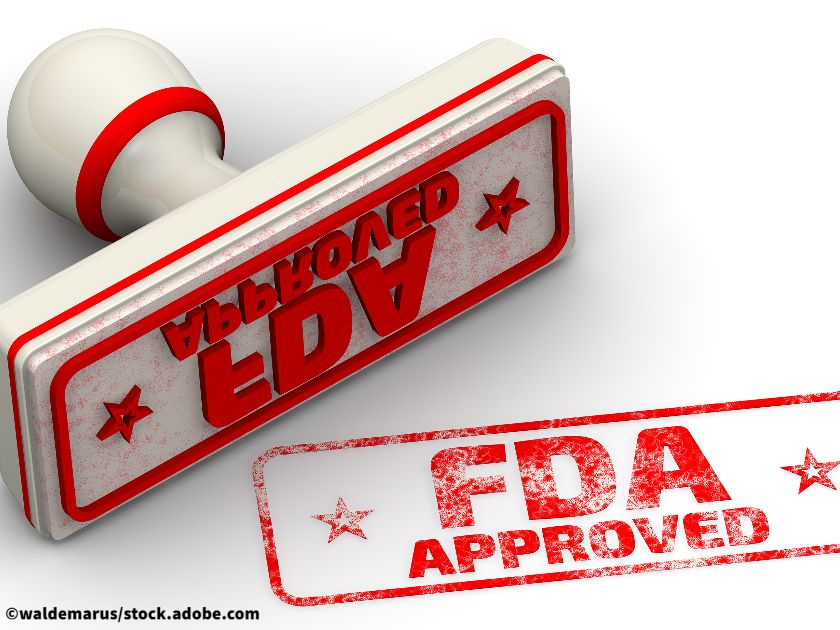- Clinical Technology
- Adult Immunization
- Hepatology
- Pediatric Immunization
- Screening
- Psychiatry
- Allergy
- Women's Health
- Cardiology
- Pediatrics
- Dermatology
- Endocrinology
- Pain Management
- Gastroenterology
- Infectious Disease
- Obesity Medicine
- Rheumatology
- Nephrology
- Neurology
- Pulmonology
FDA Approves First Generic of Symbicort Inhaler to Treat Asthma, COPD

The US Food and Drug Administration (FDA) approved the first generic budesonide and formoterol fumarate dihydrate inhalation aerosol (Symbicort,® Mylan Pharmaceuticals) for the treatment of asthma and chronic obstructive pulmonary disease (COPD).
The complex generic drug-device combination product is a metered-dose inhaler and should not be used to treat acute asthma attacks, according to the March 15, 2022, FDA press release.
The generic is approved for the treatment of asthma in patients aged ≥6 years and for the maintenance treatment of airflow obstruction and reducing exacerbations in patients with COPD, including chronic bronchitis and/or emphysema, according to the FDA.
“Today’s approval of the first generic for one of the most commonly prescribed complex drug-device combination products to treat asthma and COPD is another step forward in our commitment to bring generic copies of complex drugs to the market, which can improve quality of life and help reduce the cost of treatment,” said Sally Choe, PhD, director, Office of Generic Drugs, FDA Center for Drug Evaluation and Research, in the release. “This reflects the FDA’s continued efforts to increase competition and access to quality, safe, effective and affordable medicines for patients and consumers.”
The metered-dose inhaler contains both the corticosteroid budesonide and the long-acting bronchodilator formoterol. Two inhalations, twice daily, treat both asthma and COPD by preventing symptoms, such as wheezing for patients with asthma, and by helping with better breathing for those with COPD. The inhaler is approved for 160/4.5 mcg/actuation and 80/4.5 mcg/actuation, according to the FDA.
For patients with asthma, the most common side effects associated with budesonide and formoterol fumarate dihydrate oral inhalation aerosol are nasopharyngitis, headache, upper respiratory tract infection, pharyngolaryngeal pain, sinusitis, influenza, back pain, nasal congestion, stomach discomfort, vomiting, and oral candidiasis. For patients with COPD, the most common side effects are nasopharyngitis, oral candidiasis, bronchitis, sinusitis, and upper respiratory tract infection.
According to the FDA, complex products are, “medical products where uncertainty concerning the approval pathway or possible alternative approaches to product development can benefit from early scientific engagement, such as products with complex active ingredients and drug-device combination products.” The FDA noted that since drug-device combination products can be more challenging to develop, fewer exist, resulting in less market competition.
The FDA said addressing the challenges related to complex generics and promoting more generic competition is a key part of the agency’s Drug Competition Action Plan and its efforts to promote patient access and more affordable medication.
